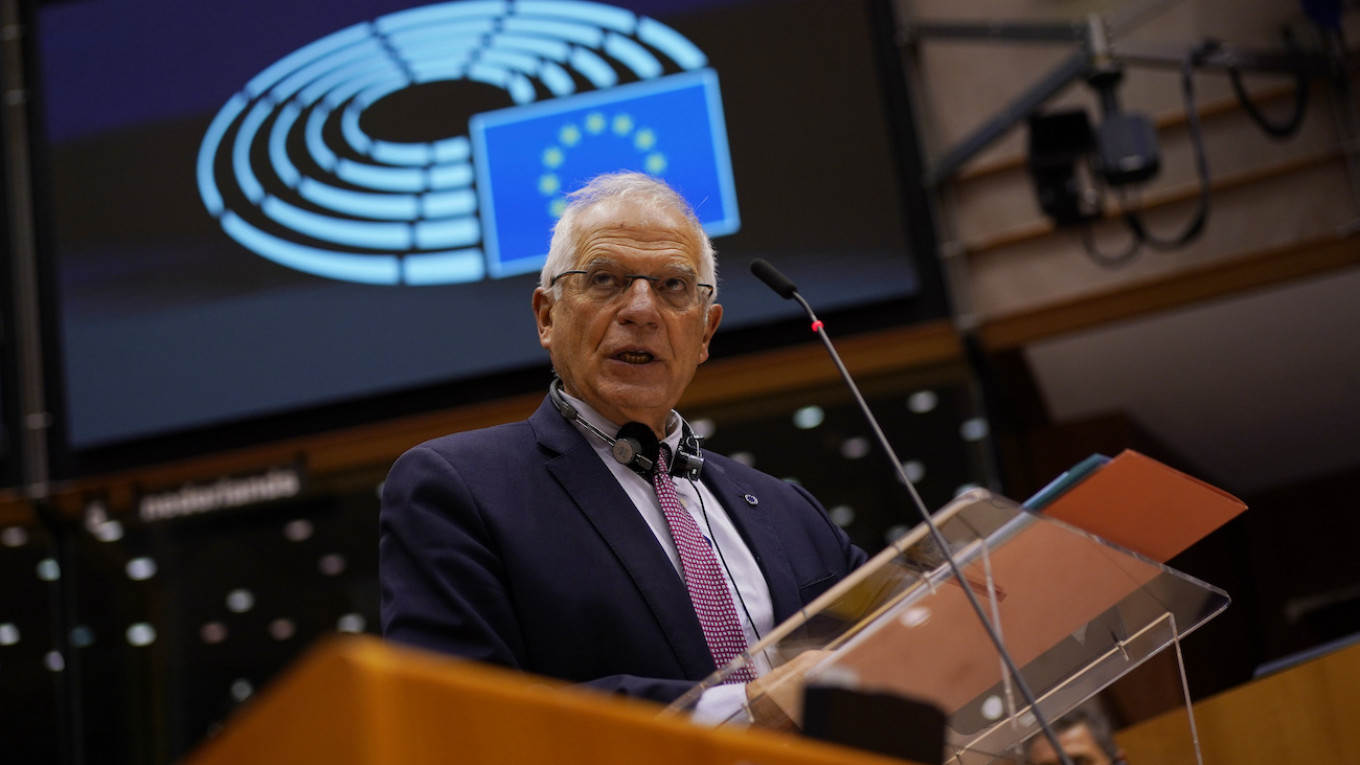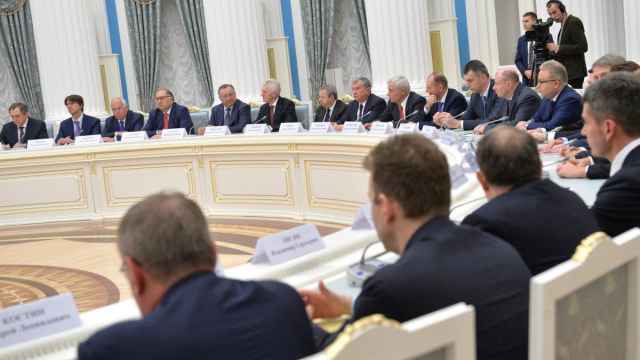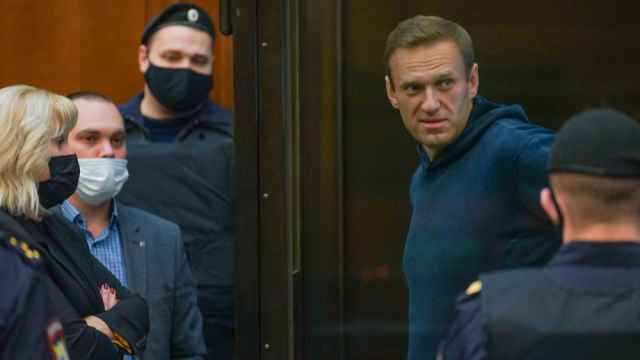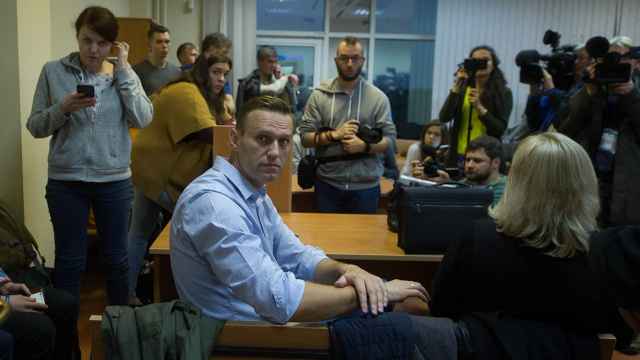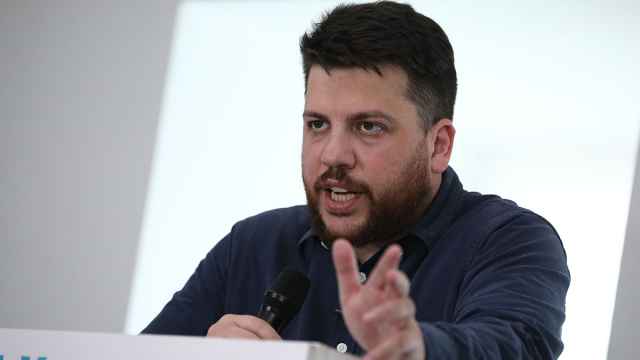European Union foreign ministers are expected to give the go-ahead Monday to sanctions on Russia over the jailing of Kremlin critic Alexei Navalny and a crackdown on protests.
The top diplomats from the 27-nation bloc meet in Brussels for talks that will also include a wide-ranging videoconference with new U.S. Secretary of State Antony Blinken.
The move to target the Kremlin comes two weeks after EU foreign policy chief Josep Borrell was caught in a diplomatic ambush in Moscow that enraged member states.
Capitals are eyeing using the EU's new human rights sanctions regime for the first time to hit individuals responsible for the clampdown with asset freezes and visa bans, diplomats said.
"I expect a political agreement to be reached," a senior European diplomat told AFP.
"Then experts from the member states should work on the names."
The mood towards Moscow has hardened in the wake of Borrell's disastrous trip to Russia, during which Moscow announced it was expelling three European diplomats and rebuffed talk of cooperation.
"They rejected out of hand any dialogue that was proposed," a senior EU official said.
The EU has already hit Russia with waves of sanctions over the 2014 annexation of Crimea and Moscow's fuelling of the war in Ukraine.
The bloc in October slapped six officials on a blacklist over the poisoning of Navalny with Novichok, a nerve agent.
President Vladimir Putin's most prominent domestic critic was this month jailed for almost three years after returning to Russia following treatment in Germany.
His sentencing sparked nationwide protests that saw baton-wielding security forces detain thousands.
Two of Navalny's closest allies are set to meet with a dozen EU foreign ministers in Brussels on Sunday to push for sanctions targeting high-profile oligarchs they accuse of funding Putin's regime.
But diplomats say any measures have to be tied directly to abuses and need to stand up to challenges in court.
Blinken calling
While European countries appear to be readying a common front against the Kremlin they are also keen to allow for cooperation on efforts to revive the Iran nuclear deal after former U.S. leader Donald Trump withdrew in 2018.
The EU is currently looking to broker a meeting between Washington, Tehran and other signatories — including Moscow — to try to work out how to salvage the 2015 accord.
The repression in Russia is not the only rights issue set to be addressed at the meeting.
A response to a military coup and increasingly lethal crackdown on protesters in Myanmar is to feature on the agenda, as are measures over disputed elections last year in Venezuela.
The senior EU official said that ministers were expected to move towards sanctioning Myanmar military officers and placing Venezuelan officials on a blacklist.
The focus will pivot to cooperation when America's top diplomat Blinken joins for his first full talks with the bloc, with all sides looking to put the tensions of the Trump era behind them.
The discussion looks likely to range from a joint approach to common adversaries like Russia and China to the pressing issue of the Iran deal.
All 27 ministers are expected to sound out Blinken on what to expect from U.S. President Joe Biden, with broader issues of tackling the climate crisis and pandemic also in the mix.
Biden declared the "transatlantic alliance is back" Friday in a speech seeking to reestablish the U.S. as leader of the West against what he called a global assault on democracy.
A Message from The Moscow Times:
Dear readers,
We are facing unprecedented challenges. Russia's Prosecutor General's Office has designated The Moscow Times as an "undesirable" organization, criminalizing our work and putting our staff at risk of prosecution. This follows our earlier unjust labeling as a "foreign agent."
These actions are direct attempts to silence independent journalism in Russia. The authorities claim our work "discredits the decisions of the Russian leadership." We see things differently: we strive to provide accurate, unbiased reporting on Russia.
We, the journalists of The Moscow Times, refuse to be silenced. But to continue our work, we need your help.
Your support, no matter how small, makes a world of difference. If you can, please support us monthly starting from just $2. It's quick to set up, and every contribution makes a significant impact.
By supporting The Moscow Times, you're defending open, independent journalism in the face of repression. Thank you for standing with us.
Remind me later.


